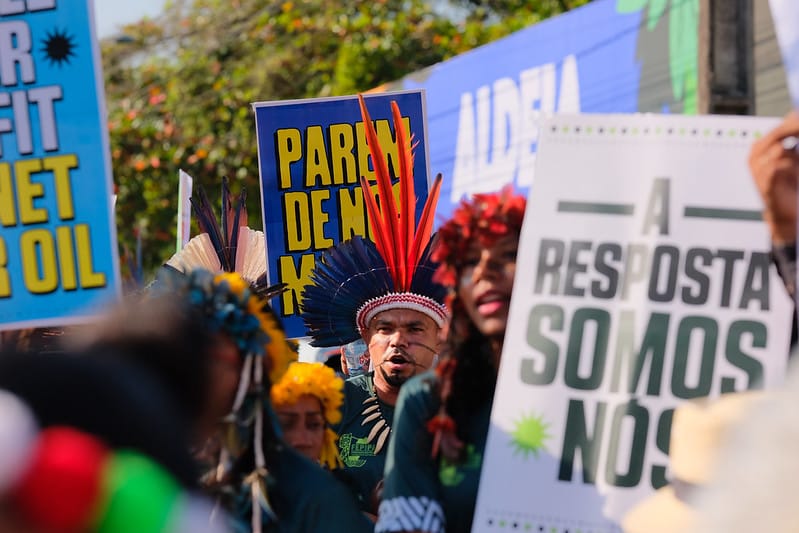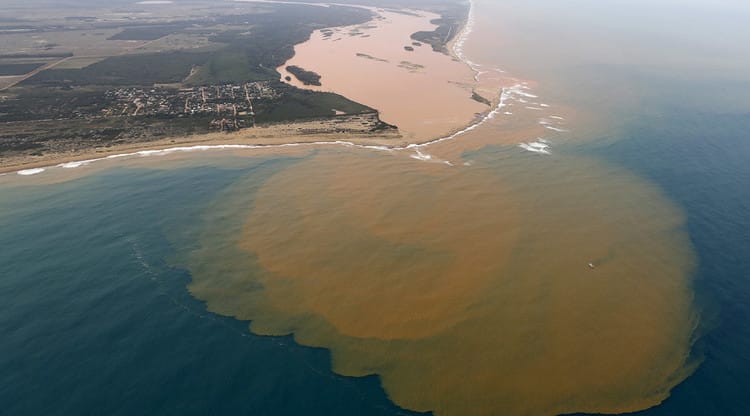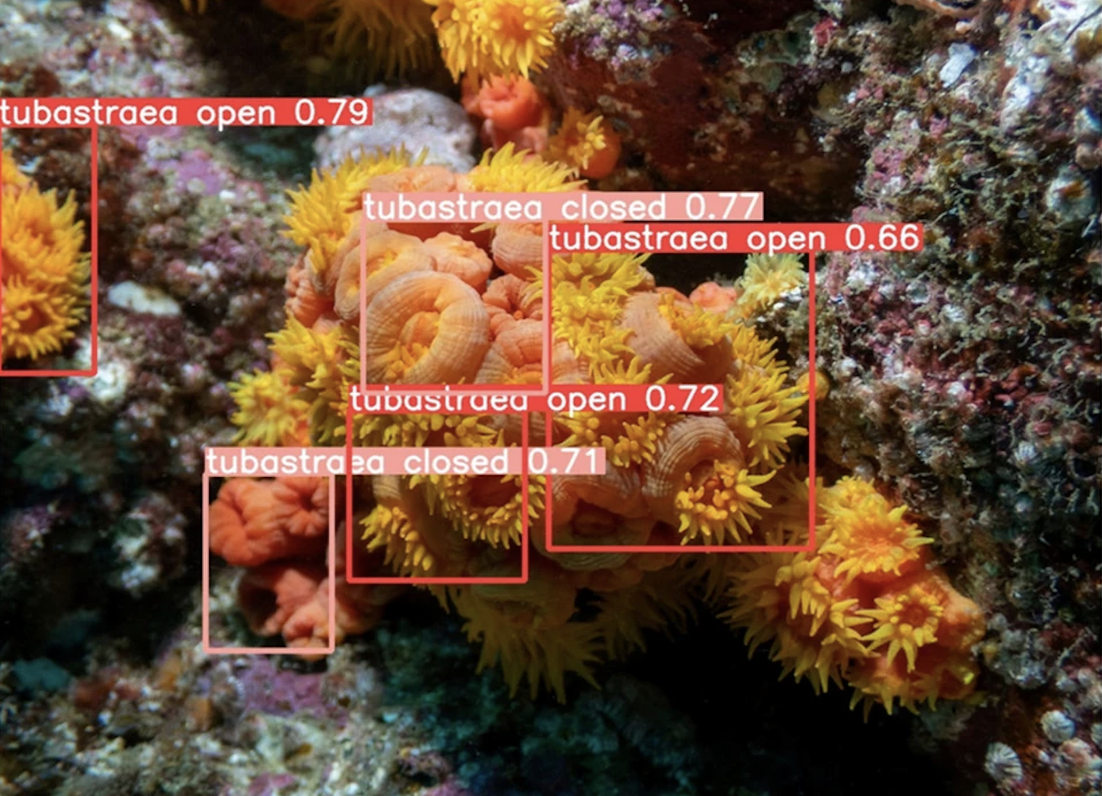Government promises complete fishing data by the end of 2025, following FOIA request
On the other hand, a dispatch from the Ministry of Fisheries and Aquaculture admits gaps in environmental risks
Main fact
The federal government has announced efforts to clear a decade-long backlog in fishery stock data, with publication expected by the end of October. The Ministry of Fisheries and Aquaculture (MPA) disclosed this in response to a Freedom of Information Act (FOIA) request filed by Correio Sabiá.
“The MPA is working on several fronts to structure the statistical information of the last 10 years. The statistical bulletin that will close this gap is still being prepared and will be made available by the end of 2025,” the Ministry stated.
“As for the export data [of fish], the MPA is mapping information from the Ministry of Development, Industry, Commerce, and Services, with publication expected by the end of October 2025,” the MPA added.
In summary:
- The Fisheries and Aquaculture Statistics Bulletin will be published in October; and
- A comprehensive report with data from the past decade will be available by the end of 2025.
In the same FOIA request, the MPA revealed significant gaps in its oversight, admitting the absence of consolidated data on environmental risks within the fishing sector. The ministry also lacks a centralized database for tracking environmental sanctions against vessels operating in protected areas. As a result, obtaining detailed information on ecological impacts and enforcement falls to piecemeal inquiries with multiple agencies, including Ibama and ICMBio, highlighting a fragmented enforcement system that hampers transparency and accountability.
Correio Sabiá's request was comprehensive. We requested technical reports, management plans, information on sanctions and penalties, as well as data on catch volumes, trade, and export of marine species.
The request also requested meeting minutes and internal documents describing the governance of sustainable fisheries in marine protected areas.
For transparency's sake, we have released the MPA's full response for download. The document (PDF) contains Correio Sabiá's requests, as well as the government's response to each question.
Fishery stocks and environmental risks
The MPA stated that technical reports on the main fishery resources are already available on a public research project platform, where information supposedly exists for the years 2022, 2023, and 2024.
The issue identified by Correio Sabiá is that only the section referring to 2022 contains links to completed studies. In the other sections (2023 and 2024), the pages appear to have incomplete information, even publicly displaying what seems to be an internal note:
“*** Add the link to the project report.”
A Decentralized Execution Term (TED No. 27/2024) is underway to estimate the GVP (Gross Production Value) of fishing and mariculture in Brazil, to quantify the sector’s contribution to the national economy.
Management plans and governance
The Ministry explained that fisheries management and regulation are coordinated through Rede Pesca Brasil, a forum uniting federal, state, and municipal agencies alongside civil society representatives.
“The network’s structure includes a technical-scientific database and 10 Permanent Committees for Fisheries Management and the Sustainable Use of Fishery Resources (CPGs). These committees are essential for strengthening fisheries regulation and management in the country, promoting dialogue between government and society. Their role is to guarantee the effective participation of resource users at all stages of the management process—from decision-making to implementation, enforcement, and monitoring of regulatory measures,” the MPA stated.
The Ministry added:
- It should be noted that document information can be accessed through the public link: Rede Pesca Brasil.
- In addition, information on the main commercial species is available at the public link Main Fishery Resources.
Catch and export data
The Ministry acknowledged that statistical gaps have remained over the past 10 years and reported that it is working to consolidate the information. The bulletin scheduled for 2025 is expected to fill this gap, according to the Ministry.
In the meantime, citizens can access export data directly through Comex Stat (Ministry of Development, Industry, Commerce, and Services) and through the Agrostat system, from the Ministry of Agriculture and Livestock.
Among the main species listed as the focus of fishery policy are:
- Tuna and related species
- Lobster
- Snapper
- Mullet
- Blue shark
Sanctions and oversight
The statement emphasized that the MPA does not have the authority to impose environmental fines for legal violations. These responsibilities lie with Ibama and ICMBio (Chico Mendes Institute for Biodiversity Conservation).
Within the scope of the RGP (General Registry of Fishery Activity), the MPA only applies administrative sanctions, published in the Federal Gazette (DOU). No classification by type of sanction allows for consolidated consultation.
Participation and transparency
The document also cited MPA Ordinance No. 294/2024, which created the Ministry’s Open Data Management Committee, and a public consultation held in September 2024 on the 2024/2026 Open Data Plan (PDA).
According to the MPA, this initiative seeks to prioritize the opening of databases considered most relevant to citizens, which should be published on the Brazilian Open Data Portal.
Our take
The response from the Ministry of Fisheries and Aquaculture shows progress in participatory governance and in the effort to obtain data, which form the basis for developing public policies.
There are still weaknesses in environmental monitoring and in the statistical organization of Brazilian fisheries. However, the government has committed to filling a decade-long gap in the production of consolidated data on the catch and export of marine species.
Share your thoughts below in the comments.
Autor

Jornalista e empreendedor. Criador/CEO do Correio Sabiá. Emerging Media Leader (2020) pelo ICFJ. Cobriu a Presidência da República.
Inscreva-se nas newsletters do Correio Sabiá.
Mantenha-se atualizado com nossa coleção selecionada das principais matérias.




